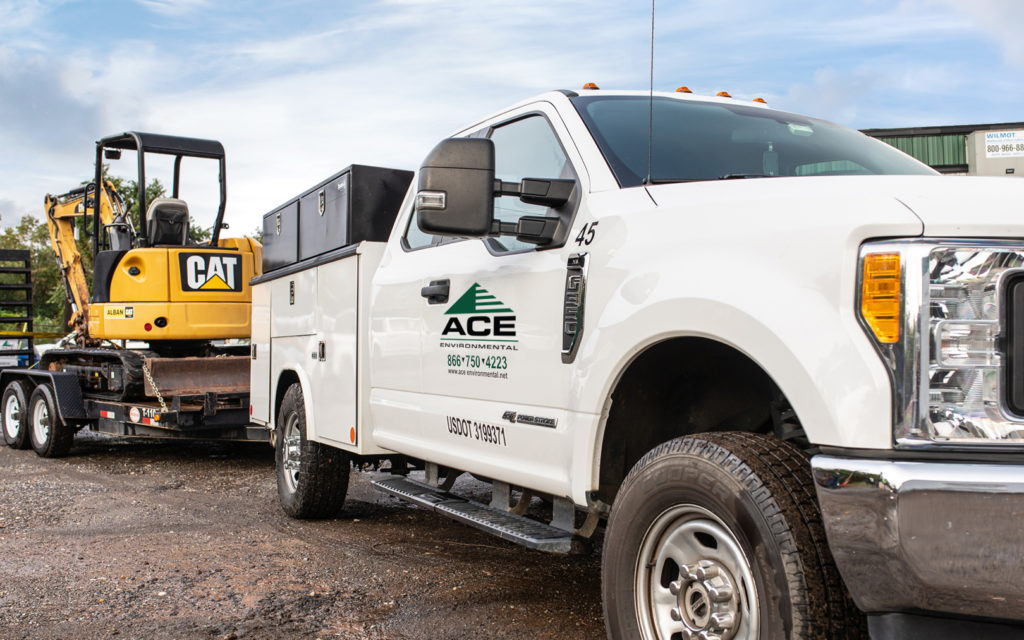
With rising energy costs and an increased desire for clean energy solutions, commercial property owners are looking to upgrade their heating systems and leave oil furnaces behind. Once the systems are upgraded, these business owners must remove the oil tanks from the property.
Commercial oil tank removal is more than capping a pipe and hauling it away. It involves cleaning the site, decommissioning the tank, and making arrangements for safe disposal. If the oil tank is underground, it needs to be dug up carefully to avoid damaging the tank and causing an environmental accident.
These steps sound like a lot of trouble for business owners, so exactly why are so many businesses turning away from oil heating solutions and looking to have their commercial oil tanks removed?
1. Saying Goodbye to High Fuel Costs…
Oil prices are hitting near record highs, with no relief in sight. This is a driving factor in many businesses’ decision to ditch the oil and go for more affordable heating solutions. This may mean that commercial oil tanks are left with fuel still inside, making them especially hazardous to the environment.
2. …And Saying Hello to Energy Efficient Systems
Oil isn’t just expensive to purchase, but oil powered systems may only have an annual fuel utilization efficiency of 80% or lower, depending on the age of the system. Solar and geothermal systems are by far the most efficient, followed by electric and natural gas-powered systems.
3. Commercial Oil Tanks Can be High Maintenance
Oil tanks require frequent cleanings to remove damaging sludge and contaminants, and annual inspections to make sure the tank isn’t corroded or leaking. Leaving an unused tank on your commercial property increases the odds that it will develop holes and begin to leak. If the tank is below ground and requires maintenance, it will be more costly overall for the business and may result in damage to the property and environment.
4. Increase the Commercial Property’s Resale Value
If a business owner plans on selling their commercial property in the future, many buyers may avoid purchasing it with an oil tank on the premises. These buyers understand that commercial oil tanks are high maintenance, expensive to fill, and a danger to the environment. To further complicate matters, commercial insurance companies may be less likely to insure these properties because of the environmental risk and other potential hazards. Conversely, showing the insurance company proof that the tank has been removed may reduce your premiums.
5. Not Worth the Risk
Whether the commercial oil tank is above ground, or more commonly, buried underground, a leak could be catastrophic to a business, the surrounding community, and the environment. Leaking tanks can contaminate the soil and water, and costly cleanup services can keep a business’ doors closed for days, weeks, and even months. The business owner will be the one financially responsible for all legalities, fines, and cleanup costs.
Commercial Oil Tank Removal: Doing it the Right Way
Removing your commercial oil tank requires a bit of preplanning and the right environmental company to handle the job. Note that the commercial property owner will need to notify MDE (Maryland Department of the Environment) thirty days in advance before an underground storage tank is removed.
Miller Environmental Group is a full-service environmental contractor with over two decades of experience in aboveground and underground commercial oil tank removal. Contact us for safe, compliant storage tank removal services.
